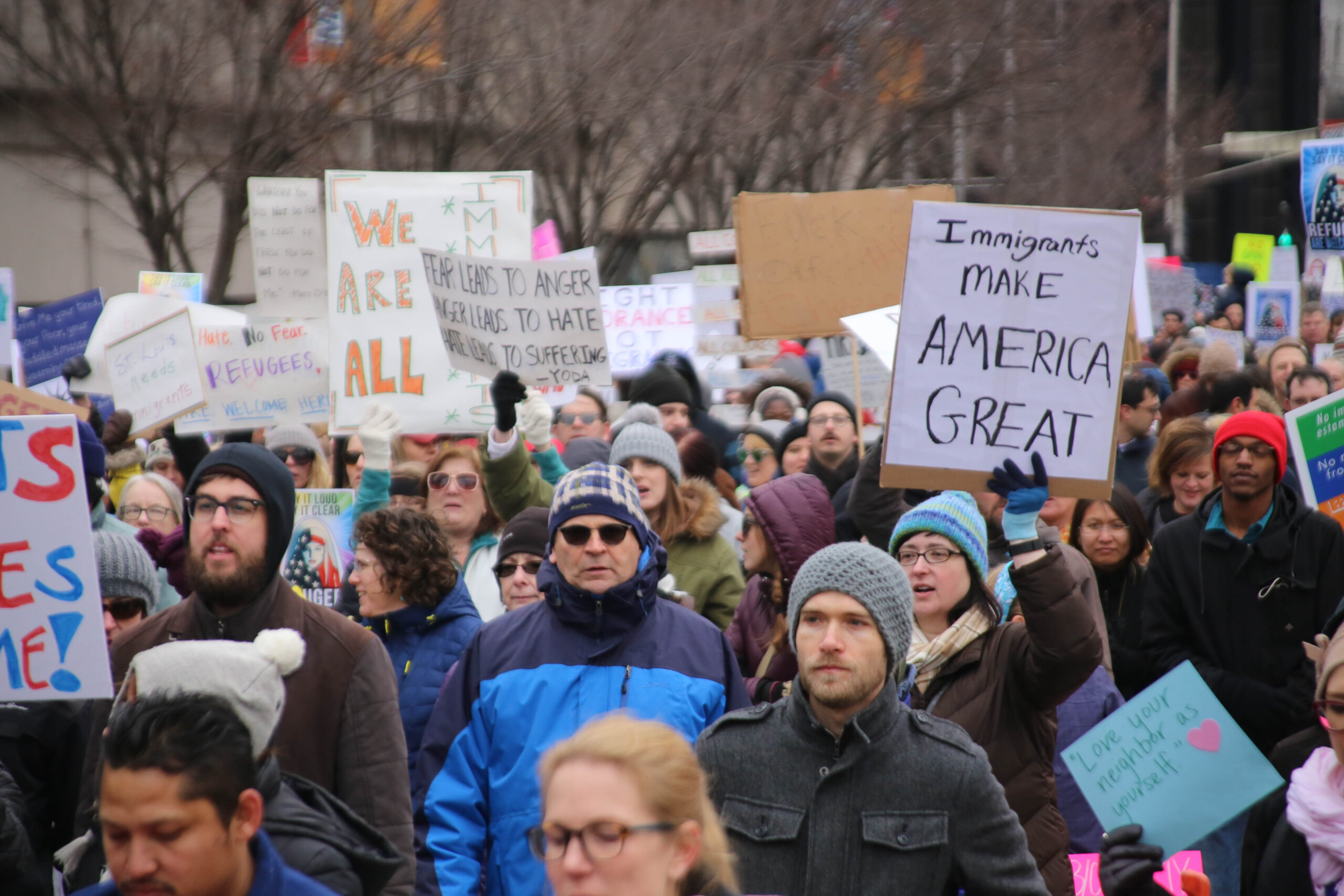
President Donald Trump’s decision to deploy military troops to California amid immigration protests has thrust Democrats into a politically difficult position. They seek to condemn the escalating unrest and violence without becoming entangled in a broader immigration debate or appearing to support the chaotic scenes unfolding in Los Angeles.
Republicans have welcomed the controversy, shifting attention away from their internal disputes over tax and spending legislation and the recent public feud between Trump and Elon Musk. Instead, they focus on issues they believe expose Democratic vulnerabilities: immigration, law enforcement, and public safety.
Concerns Over Protest Violence
Pennsylvania Senator John Fetterman expressed concern about the images coming from California, where protests erupted after ICE raids, leading to violence including objects thrown at police, looting, freeway blockades, and cars set on fire. Police responded with rubber bullets to disperse crowds.
Fetterman stated, “You can’t defend when people start setting things on fire or they start damaging buildings or going after members of law enforcement. That’s not free speech. That is not peaceful protest.” He urged Democrats not to remain silent on destructive behavior despite the righteous anger surrounding immigration issues.
New York Representative Alexandria Ocasio-Cortez pushed back against Fetterman’s stance, accusing ICE of “consistently illegal activity” and labeling Trump’s actions as politically motivated chaos. Few Democrats spoke as directly about immigration, instead focusing on denouncing violence and blaming Trump for inflaming tensions.
Delaware Senator Chris Coons noted how quickly the national conversation shifted from internal Republican debates to the turmoil in Los Angeles, underscoring the political distraction the protests have created.
Balancing Law Enforcement Support and Political Realities
Some Democrats privately agree with Fetterman, calling for stronger condemnation of violent protestors. Swing-district lawmakers worry about alienating activists who advocate abolishing ICE while also fearing electoral fallout from public disorder.
Vermont Senator Bernie Sanders urged protesters to adopt disciplined, nonviolent tactics, warning that violence plays into Trump’s hands. Texas Representative Henry Cuellar condemned attacks on law enforcement as criminal acts, emphasizing the need to separate policy debates from assaults on public safety.
Trump attributed the unrest to Democratic leaders broadly and targeted California Governor Gavin Newsom and Los Angeles Mayor Karen Bass, accusing them of mismanaging the situation. On Truth Social, Trump claimed the city would be “burning to the ground” without the military deployment.
Republican House Speaker Mike Johnson criticized Newsom, suggesting he hinders federal law enforcement and supports “the bad guys.”
The Political Complexity of Using the Military
Democrats face a difficult calculus in responding to Trump’s militarized approach. The party struggles between condemning violent protest and opposing what many view as an excessive federal intervention against civilians.
California Representative Ro Khanna said the violence must be condemned unequivocally but criticized Trump’s use of active-duty military within U.S. borders as unconstitutional except in true emergencies.
Massachusetts Representative Seth Moulton echoed concerns, saying the military should not be used for political aims and emphasizing that violence undermines legitimate protest.
Governor Newsom, a potential 2028 presidential contender, has embraced the confrontation and publicly challenged Trump’s threats. He has kept lawmakers updated and rallied Democratic support, with 22 governors jointly condemning Trump’s deployment as “an alarming abuse of power.”
Author’s Opinion
Trump’s deployment of troops in California creates a perilous dilemma for Democrats who must condemn both the violence and the militarized response. The challenge lies in balancing support for law enforcement and public order with opposition to what many see as federal overreach and political posturing. Neither extreme offers an easy or risk-free path forward.
Featured image credit: Wikimedia Commons
For more stories like it, click the +Follow button at the top of this page to follow us.
